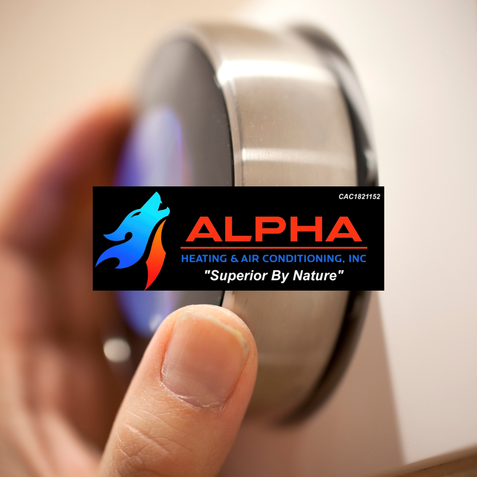Smart thermostats offer a range of benefits that make them a worthwhile investment for homeowners looking to optimize their HVAC systems. Here are some key advantages:
- Energy Efficiency: Smart thermostats learn your schedule and preferences, automatically adjusting the temperature to save energy when you're away from home or sleeping. This can lead to significant reductions in energy bills.
- Remote Access: With smart thermostats, you can control your home's temperature from anywhere using a smartphone app. This is especially useful for adjusting settings on the go or returning to a comfortable home environment after a trip.
- Customizable Settings: These devices allow for detailed scheduling and temperature settings, ensuring your home is always at the optimal temperature based on your daily routine and seasonal changes.
- Data and Insights: Smart thermostats provide detailed reports on your energy usage, helping you understand your consumption patterns and identify opportunities for further savings.
- Integration with Other Smart Devices: Many smart thermostats can be integrated with other smart home devices, such as voice assistants (like Amazon Alexa or Google Assistant), smart lighting, and security systems, creating a cohesive and convenient home automation experience.
Integration with Existing HVAC Systems
Integrating a smart thermostat with your existing HVAC system is generally straightforward and can be done by following these steps:
- Compatibility Check: Ensure your current HVAC system is compatible with the smart thermostat you intend to purchase. Most manufacturers provide compatibility guides on their websites.
- Professional Installation: While many smart thermostats are designed for easy DIY installation, hiring a professional ensures the thermostat is correctly installed and integrated with your HVAC system. This can prevent potential issues and ensure optimal performance.
- Connecting to Wi-Fi: After installation, connect your smart thermostat to your home Wi-Fi network. This enables remote access and integration with other smart devices.
- Setting Preferences: Use the accompanying app to set your temperature preferences, create schedules, and explore additional features like energy reports and geofencing.
- Ongoing Maintenance: Regularly update the thermostat's software and check for any firmware updates to ensure it continues to operate efficiently and securely.
By upgrading to a smart thermostat, you can enjoy enhanced comfort, greater control over your home's temperature, and significant energy savings. For more information on integrating smart thermostats with your existing HVAC system, contact Alpha Heating and Air Conditioning.


